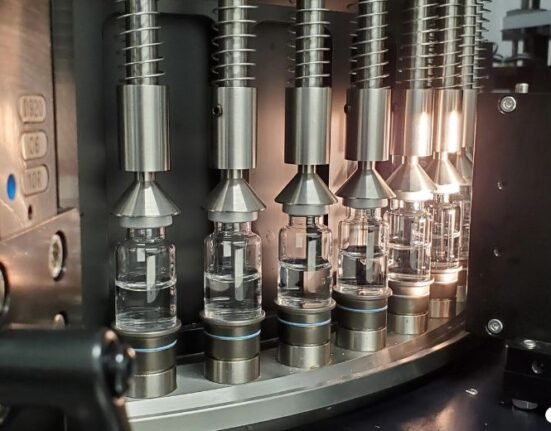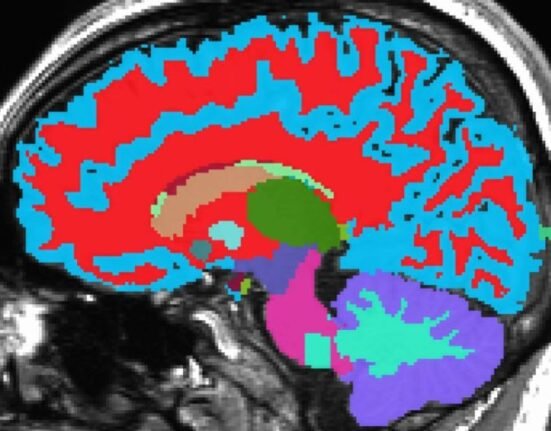HQ Team
July 13, 2025: Rein Therapeutics, Inc., has paused its enrollment and patient dosing at its US clinical trial sites testing a lung disease drug after the regulator placed the experiment on clinical hold.
Rein was conducting mid-stage trials of the drug and “is working with the Food and Drug Administration to address their non-clinical requests to remove a clinical hold,” which was placed on the study on June 10, 2025, according to a company filing.
The trial on patients, for the treatment of patients with idiopathic pulmonary fibrosis, continues to advance with site initiation and patient enrollment in Australia, the United Kingdom, and Europe.
The company did not give the reasons for the regulator’s move to put the clinical trials on hold.
Progressive lung disease
Idiopathic pulmonary fibrosis is a serious, progressive lung disease characterised by scarring of the lung tissue without a known cause.
This scarring thickens and stiffens the tissue around and between the air sacs in the lungs, making it increasingly difficult for oxygen to pass into the bloodstream and for the lungs to function properly.
To date, no drug-related serious adverse events have been reported in any studies treating patients with the experimental drug called LTI-03, according to the statement from Rein Therapeutics.
LTI-03 is a Caveolin-1-related peptide. Rein previously announced positive topline data from an early clinical trial evaluating the safety and tolerability of LTI-03 in patients with IPF, with no safety signals observed.
Cell signalling
Caveolin-1-related peptide, often referred to as the Caveolin-1 scaffolding domain peptide, is a synthetic peptide derived from a specific region of the Caveolin-1 protein. This peptide corresponds to the scaffolding domain of Caveolin-1, which plays a crucial role in the protein’s function in cell signalling and membrane structure.
The investigational drug was generally well-tolerated, and there were no drug-related adverse events that resulted in a discontinuation of the trial.
Symptoms of idiopathic pulmonary fibrosis include shortness of breath, especially during physical activity like walking upstairs or climbing hills. Eventually, breathlessness can occur even at rest.
Dry cough
A nagging, dry cough that does not go away is common. Feeling unusually tired or weak, often worsening over time and not relieved by sleep, is another indicator.
Loss of appetite, unintentional weight loss, chest tightness or pain, muscle and joint aches, and clubbing (widening and rounding) of the fingertips and toes are also noticed in patients.








